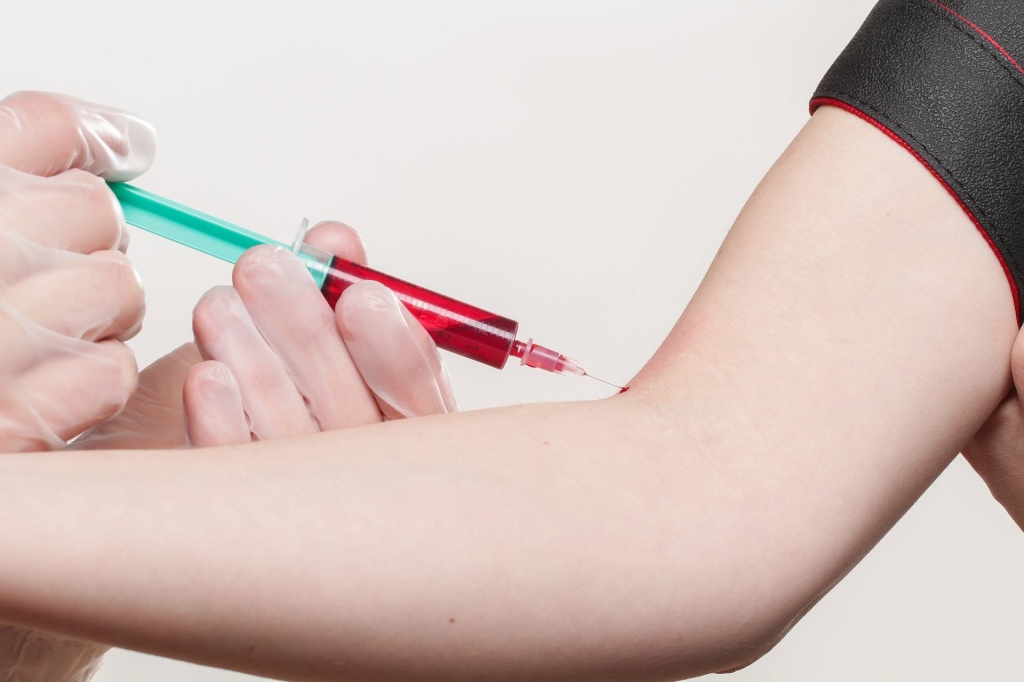
**Title: Everything You Need to Know About Phlebotomy Courses**
**Introduction:**
If you are considering a career in healthcare that involves drawing blood from patients, then pursuing a phlebotomy course may be the perfect path for you. Phlebotomists are trained professionals who specialize in collecting blood samples for medical testing, transfusions, donations, or research purposes. In this article, we will explore the ins and outs of phlebotomy courses, including the benefits, practical tips, and what to expect from the training.
**What Are Phlebotomy Courses?**
Phlebotomy courses are specialized training programs designed to teach students the skills and knowledge required to become a certified phlebotomist. These courses cover a wide range of topics, including anatomy and physiology, blood collection techniques, infection control, and communication skills. Upon completion of a phlebotomy course, students are eligible to take the certification exam to become a licensed phlebotomist.
**Benefits of Taking Phlebotomy Courses:**
– High demand: The healthcare industry is always in need of qualified phlebotomists, making it a stable and rewarding career choice.
– Short training period: Phlebotomy courses can typically be completed in a matter of months, allowing you to enter the workforce quickly.
– Competitive salary: Phlebotomists can earn a competitive salary, especially with additional certifications and experience.
– Career advancement: With additional training and certifications, phlebotomists can pursue opportunities in supervisory roles or specialize in areas such as pediatric or geriatric phlebotomy.
**Practical Tips for Success:**
– Find a reputable school or training program accredited by a recognized organization, such as the National Accrediting Agency for Clinical Laboratory Sciences (NAACLS).
– Practice, practice, practice: Developing your blood drawing skills is essential for success in phlebotomy.
– Stay up-to-date on industry trends and best practices by attending workshops, conferences, and continuing education courses.
– Build strong communication skills to establish rapport with patients and healthcare professionals.
- Network with experienced phlebotomists to gain valuable insights and mentorship.
**What to Expect from Phlebotomy Training:**
During a phlebotomy course, students can expect to learn a combination of theoretical knowledge and hands-on training. Some of the topics covered may include:
– Anatomy and physiology of the circulatory system
– Blood collection techniques using venipuncture and capillary puncture
– Infection control and safety protocols
– Patient care and communication skills
– Specialized procedures for diverse patient populations
**Case Study:**
Linda, a recent graduate of a phlebotomy course, secured a job at a local hospital shortly after obtaining her certification. She credits her success to the comprehensive training she received during the course, which prepared her for the demands of the job. Linda is now considering pursuing additional certifications to advance her career further.
**Firsthand Experience:**
“I decided to enroll in a phlebotomy course after realizing my passion for patient care and the medical field. The training was rigorous but rewarding, and I felt confident and well-prepared to enter the workforce upon completion. I now work as a phlebotomist in a busy clinic, and I love the opportunity to make a difference in patients’ lives every day.” – Sarah, certified phlebotomist
**Conclusion:**
Phlebotomy courses offer a valuable opportunity for individuals interested in pursuing a career in healthcare. By enrolling in a reputable program, developing essential skills, and staying current with industry trends, aspiring phlebotomists can embark on a fulfilling and rewarding career path. Whether you are a recent high school graduate or looking to make a career change, phlebotomy courses provide a solid foundation for success in the healthcare industry.
Remember to research phlebotomy course options carefully and choose the program that best aligns with your career goals and aspirations. Good luck on your journey to becoming a certified phlebotomist!